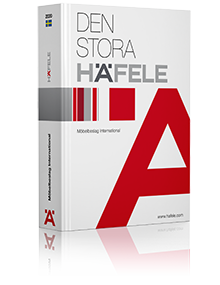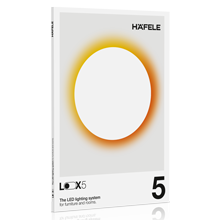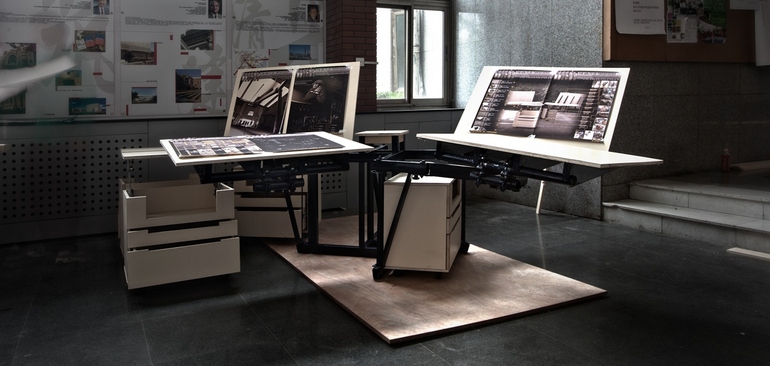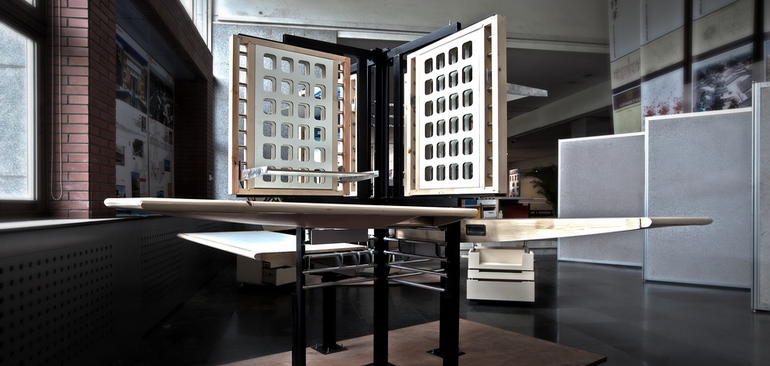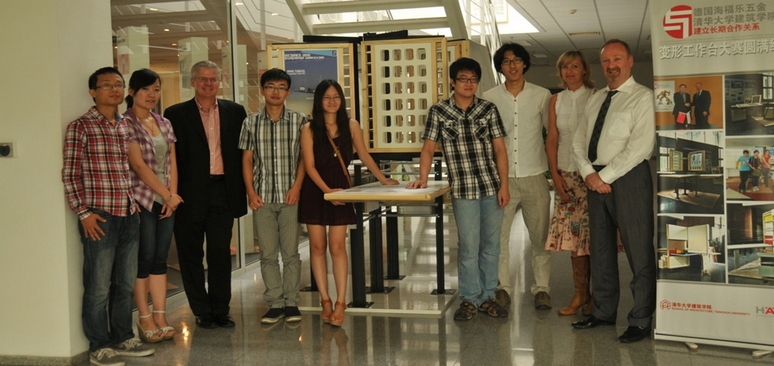Chinese students give their workplace wings
Drawing, building models, researching, learning, discussing and presenting: the study of architecture is equally as varied as the individual demands which are made of the working environment. The architecture students of Tsinghua University in Beijing took on the challenge of designing a piece of furniture for any occasion in a competition. They were actively supported by Häfele Hardware Technology China during the “Transformer Desk Competition”. “Architecture students in China usually only have little experience with materials and the processing thereof. However, since this knowledge is extremely important for their future career, Häfele is providing assistance with practical education and training,” explains Petra Vogelsang, Häfele Marketing Director in China.
Häfele Experts provided support in word and deed
For eight weeks, the teams worked on their prototypes of the multifunctional group workplace which can be used by at least four to five students simultaneously. The convertible workbenches are designed to suit all stages of the creative process and allow the students to switch between concentration and communication effortlessly. The Häfele experts accompanied the students, provided advice in selecting materials and fittings and were on hand with help and advice during implementation. And in order to ensure that no limits were placed on the creativity of the participants, Häfele covered the cost of the materials and awarded prize money to the winners.
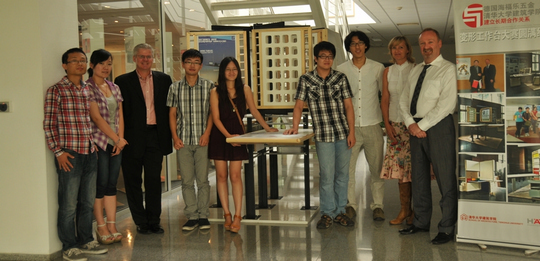
The team was provided with active support by Häfele Hardware Technology China.
The winning team was inspired by aeroplane wings
In the end it was the Wing Table which impressed the judges. The team was inspired by aeroplane wings when designing this solution. Four table tops can be positioned at different heights, rotated and swivelled. On their own they can be used as a desk or swivelled up as a drawing board. When they are pushed together they create a large work area which can be used for working and presenting together. If concentrated individual work is required, privacy can be provided using partitions. Individually positioned shelves provide storage space for personal working materials. The partitions are moved to the side with a manual operation and visual contact with your classmates is restored again.
The competition takes place annually
“The competition filled the students with enthusiasm. Many of them have told us that they have since had a much better grasp of materials and the processing thereof. For us, this is fantastic confirmation for our commitment to promoting up-and-coming talent,” said Petra Vogelsang. The competition therefore took place again the following year. On this occasion, the participants were challenged to design a pop-up shop. This mobile sales stand for drinks and snacks was to be designed in such a way that one person can easily operate and move it. Now the students of the School of Architecture at Tsinghua University are anxiously waiting to find out which problem they will have to solve next year.

